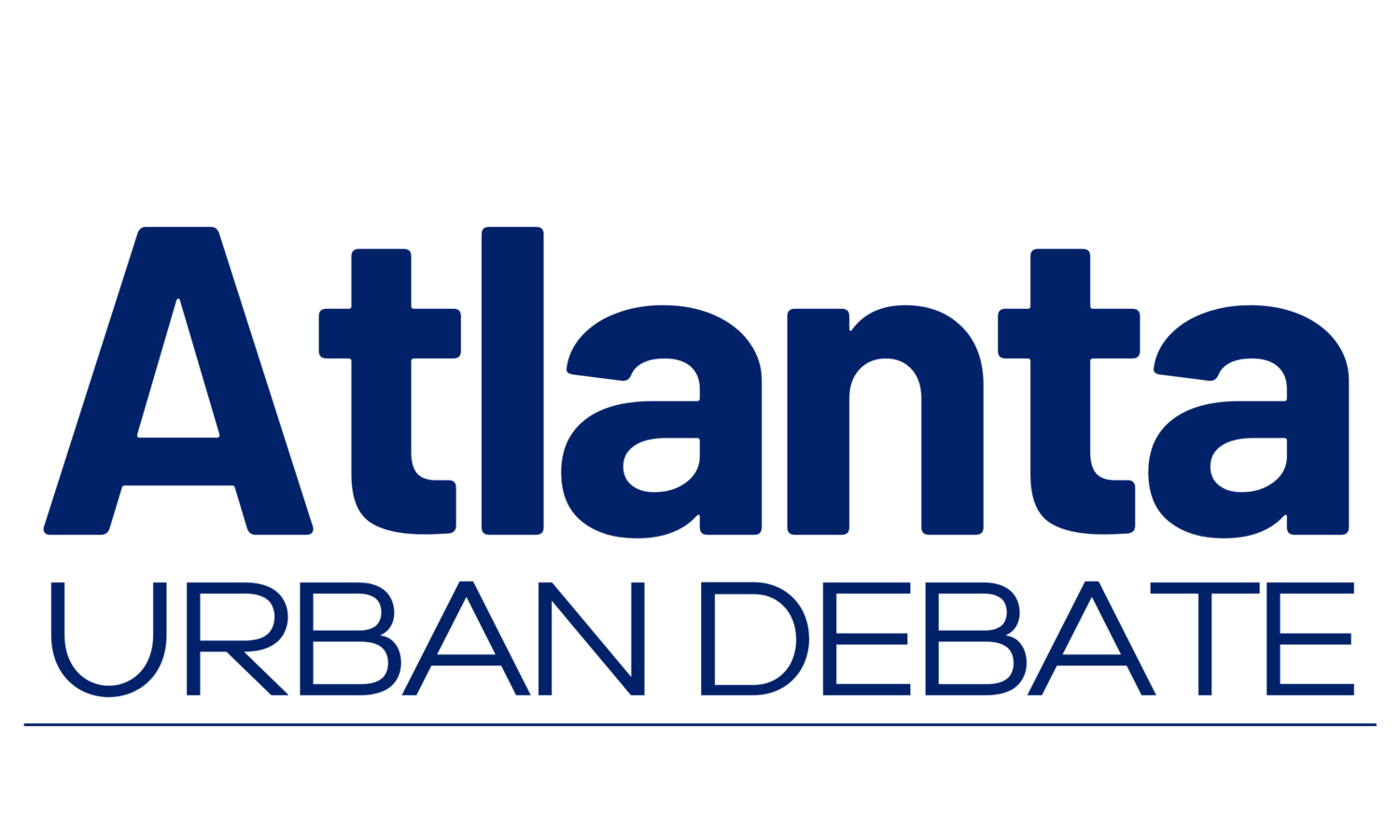The Atlanta Urban Debate League is committed to providing excellent debate education programs, services, and opportunities to diverse students, educators, and members of the community!
Social Justice and Equity Resources
The deaths of George Floyd, Ahmaud Arbery, and Breonna Taylor have created a flashpoint over the longstanding issues of racially biased policing and police violence in the United States. At this moment, we know that many in our community, including our educators, students, and parents, may be experiencing sadness, anger, confusion, or a sense of helplessness. In an effort to support healing, education, and empowerment, the Atlanta Urban Debate League (AUDL) has begun developing a list of resources to help our community facilitate conversations about race, social justice, and equity. This list will expand as our staff becomes aware of additional resources.
Read the AUDL Community Statement.
teaching tolerance
Teaching Tolerance provides free resources to educators—teachers, administrators, counselors and other practitioners—who work with children from kindergarten through high school. Educators use our materials to supplement the curriculum, to inform their practices, and to create civil and inclusive school communities where children are respected, valued and welcome participants.
racial equity resource guide
In 2010, the W.K. Kellogg Foundation launched America Healing, an effort to put the belief in a false human hierarchy based on physical characteristics and the racial and structural inequalities it creates behind us, by first putting it squarely in front of us. America Healing is a strategy for racial healing toward racial equity, and is designed to raise awareness of unconscious biases and inequities to help communities heal. In support of America Healing, we have created this comprehensive and interactive racial equity resource guide that includes practical resources including articles, organizations, research, books, media strategies and training curricula aimed at helping organizations and individuals working to achieve racial healing and equity in their communities.
center for racial justice in education
The Center for Racial Justice in Education’s mission is to train and empower educators to dismantle patterns of racism and injustice in our schools and communities. At the Center for Racial Justice in Education, we envision a world where all young people learn and thrive in racially equitable, liberating, and empowering educational spaces.
Organizations
Dangerous Speech Project - People don’t commit violence against other groups - or even condone it - spontaneously. First they must be taught to see other people as pests, vermin, aliens, or threats. Malicious leaders often use the same types of rhetoric to do this, in myriad cultures, languages, countries, and historical periods. We call this Dangerous Speech. Violence might be prevented by making it less abundant or less convincing. We work to find the best ways to do this – while protecting freedom of expression.
National Center for Civil and Human Rights - Our purpose is to create a safe space for visitors to explore the fundamental rights of all human beings so that they leave inspired and empowered to join the ongoing dialogue about human rights in their communities.
National Museum of African American History & Culture - Talking about race, although hard, is necessary. We are here to provide tools and guidance to empower your journey and inspire conversation.
Showing Up for Racial Justice (ATL) - SURJ encourages those with the ability to donate and participate in direct action to amplify the ongoing work led by people of color.
Articles, Books, and Film
The New Jim Crow - Mass Incarceration in the Age of Colorblindness by Michelle Alexander
The Case for Reparations by Ta-Nehisi Coates
These Books Can Help You Explain Racism and Protest to Your Kids by Jessica Grose
Resources to Help Teachers Heal, Learn, and Listen by Teach for America Editorial Team
Administrative Records Mask Racially Biased Policing by Dean Knox, Will Lowe, and Jonathan Mummolo
A Class Divided by FRONTLINE PBS
The day after Martin Luther King, Jr. was killed, Jane Elliott, a teacher in a small, all-white Iowa town, divided her third-grade class into blue-eyed and brown-eyed groups and gave them a daring lesson in discrimination. This is the story of that lesson, its lasting impact on the children, and its enduring power 30 years later.
4 Ways Racial Inequity Harms American Schoolchildren by Jeffrey Pierre
Twelve Books to Help Children Understand Race, Anti-Racism and Protest by Candra Flanagan and Anna Forgerson Hindley



